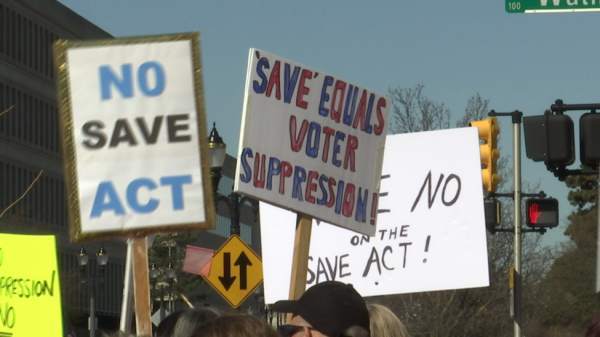Iran Nuclear Deal Tips the Cabinet
Five days before President Trump pulled out of the Iran nuclear deal, Secretary of State Mike Pompeo told diplomats from Britain, France, and Germany that he believed the pact could still be saved.
“If Mr. Pompeo could win a few more days for negotiations,” he told the Europeans in a conference call on May 4, there was a chance that the two sides could bridge a gap over the agreement’s “sunset provisions,” under which restrictions on Iran’s nuclear program expire in anywhere from 7 to 13 years.
It was by May 7, when Britain’s foreign secretary, Boris Johnson, made the rounds in Washington that hope had vanished. Mr. Pompeo told him that not only had Mr. Trump decided to pull out of the deal brokered by President Obama, but he was also going to reimpose the harshest set of sanctions on Iran that he could. The frantic days before Trump’s announcement demonstrate that the Iran deal remained a complicated issue inside the White House, even after the president restocked his war cabinet with more hawkish figures like Mr. Pompeo and John R. Bolton, the new national security adviser. How that debate unfolded offers an insight into the shifting balance of power on Mr. Trump’s national security team in his second year in office.
Bolton is emerging as an influential figure, with a clear channel to the president and an ability to control the voices he hears. Defense Secretary Jim Mattis, who opposed leaving the deal but did not push the case as vocally toward the end, appears more isolated. And Mr. Pompeo may play a swing role, a hard-line former congressman and C.I.A. director who, in his new job, seems determined to give diplomacy a fair shot. Beyond the bureaucratic maneuvering, analysts said, the Iran debate provides a deeper split on Mr. Trump’s team — between those, like Mr. Mattis, who want to change the behavior of hostile governments and those, like Mr. Bolton, who want to change the governments themselves.
“Since 9/11, there has been a persisting policy tension over whether the U.S. objective toward ‘rogue’ states should be regime change or behavior change,” said Robert S. Litwak, senior vice president and director of international security studies at the Woodrow Wilson International Center for Scholars. Those in the regime change camp, Mr. Litwak said, believe that changing behavior, either through sanctions or military pressure, is inadequate because the threat comes from the very character of the regimes.

Disha Sharma is currently a senior enrolled in the prestigious STEAM program at Joseph Wheeler High School. She is an outgoing and hardworking student...


